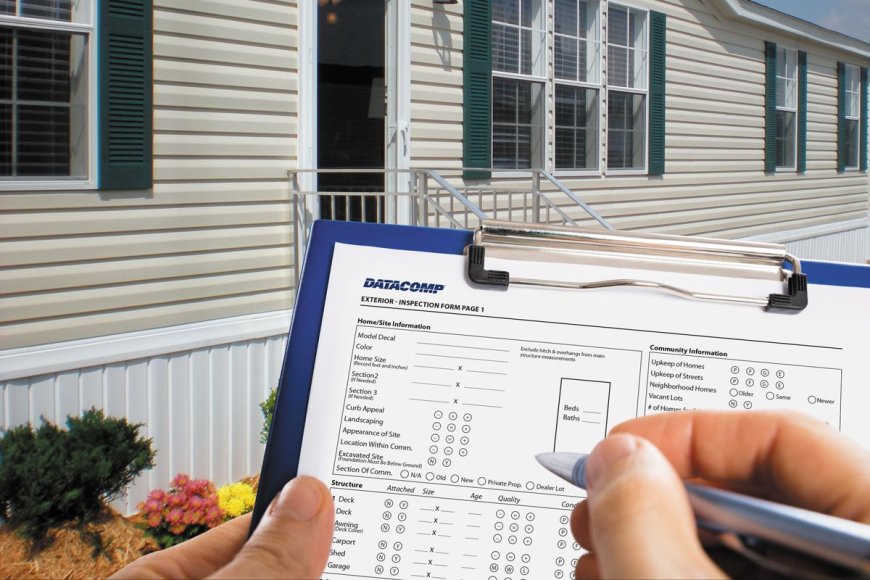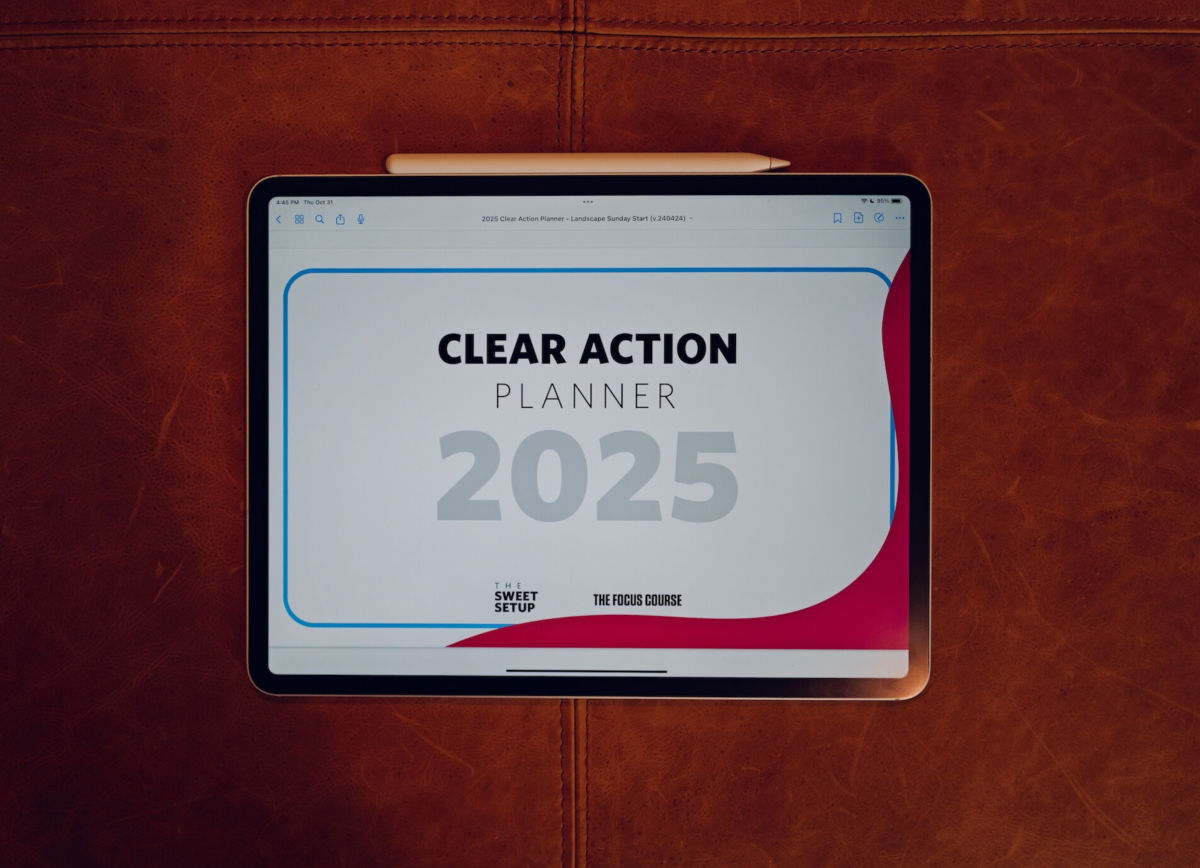Commercial Real Estate Inspections: What Every Buyer Needs to Know
Are you diving into the world of commercial property investment? First off, congratulations! This is an exciting step. But before you sign on that dotted line, there's something crucial you need to understand: commercial real estate inspections. These detailed evaluations can make or break your investment decision, saving you from potential nightmares.

Are you diving into the world of commercial property investment? First off, congratulations! This is an exciting step. But before you sign on that dotted line, there's something crucial you need to understand: commercial real estate inspections. These detailed evaluations can make or break your investment decision, saving you from potential nightmares.
I've seen too many eager investors skip this vital step, regretting it later. Let's make sure you're not one of them!
What Are Commercial Real Estate Inspections and Why Do They Matter?
Unlike residential property inspections, commercial real estate inspections involve more complex systems and regulations. They're comprehensive evaluations of commercial properties that assess everything from structural integrity to mechanical systems.
Think of these inspections as your property's full medical check-up. Just as you wouldn't skip a doctor's appointment before a major life decision, you shouldn't bypass this critical examination before investing millions in commercial property.
The Difference Between Residential and Commercial Inspections
Commercial inspections differ significantly from their residential counterparts:
-
Scope: Commercial inspections cover more complex systems like industrial HVAC, elevators, fire suppression systems, and commercial-grade electricity
-
Scale: They typically involve larger structures and more extensive property areas
-
Standards: Different building codes and regulations apply to commercial properties
-
Specialists: Often require multiple specialized inspectors rather than a single general inspector
-
Stakes: With higher investment amounts come higher financial risks
Common Elements Examined During Inspection
A thorough commercial property inspection typically includes:
-
Structural components (foundation, roof, walls)
-
Mechanical systems (HVAC, plumbing, electrical)
-
Fire safety systems
-
ADA compliance
-
Environmental concerns
-
Building code compliance
Each of these elements requires special attention and expertise, which explains why commercial inspections often cost more and take longer than residential ones.
The Commercial Inspection Process: What to Expect
The commercial real estate inspections process can seem overwhelming if you've never been through it before. Let's break it down into manageable steps so you know exactly what to expect.
Before the Inspection
Start by selecting a qualified inspector or inspection team with specific experience in your property type. Whether it's an office building, retail space, or industrial facility, different properties have unique inspection requirements.
Pro tip: Don't just go with the cheapest option! Look for inspectors with relevant certifications, experience with similar properties, and solid references.
During the Inspection
A thorough commercial inspection typically takes anywhere from several hours to multiple days, depending on the property size and complexity. Here's what typically happens:
-
Visual assessment of all accessible areas
-
Testing of mechanical systems
-
Review of documentation and maintenance records
-
Identification of code violations or safety hazards
-
Documentation of findings with photos and detailed notes
Don't be a passive participant! Join the inspector for at least part of the inspection. This gives you firsthand knowledge of any issues and allows you to ask questions on the spot.
After the Inspection
Once complete, you'll receive a comprehensive report detailing:
-
Current condition of all inspected elements
-
Identified deficiencies or concerns
-
Recommended repairs or further evaluations
-
Estimated remaining useful life of major systems
-
Photo documentation of issues
This report becomes a powerful negotiation tool and helps you develop accurate budgeting for future maintenance and repairs.
Specialized Inspection Types You Might Need
Beyond the standard inspection, commercial properties often require specialized assessments. These additional inspections can provide crucial information that standard inspections might miss.
Environmental Assessments
Environmental issues can create massive liability. Phase I environmental site assessments identify potential or existing environmental contamination liabilities. If concerns arise, a more invasive Phase II assessment might be necessary.
Common environmental concerns include:
-
Asbestos
-
Lead paint
-
Underground storage tanks
-
Soil contamination
-
Water quality issues
-
Mold and air quality
Structural Engineering Inspections
For older buildings or properties in areas prone to natural disasters, a structural engineering inspection provides peace of mind. These specialized inspections focus on:
-
Foundation integrity
-
Structural frame condition
-
Potential settlement issues
-
Seismic concerns
-
Load-bearing capacity
HVAC and Mechanical Systems
Commercial HVAC systems represent a significant portion of your operating costs and capital expenditures. Specialized mechanical inspections evaluate:
-
System efficiency
-
Compliance with current codes
-
Estimated remaining useful life
-
Adequacy for current and planned uses
-
Maintenance history and projected costs
Roof Inspections
Roof issues can lead to cascading problems throughout a building. A dedicated roof inspection examines:
-
Membrane condition
-
Drainage systems
-
Flashing and penetrations
-
Evidence of leaks
-
Estimated remaining life
How to Use Inspection Results to Your Advantage
Once you have your inspection reports in hand, what do you do with all this information? This is where savvy investors separate themselves from novices.
Negotiation Leverage
Inspection findings provide concrete evidence for price adjustments or seller concessions. Consider these approaches:
-
Request direct price reductions based on repair costs
-
Ask for seller credits at closing to cover identified issues
-
Require the seller to make specific repairs before closing
-
Establish escrow accounts for repairs to be completed after closing
Remember that not all issues are equal. Focus your negotiations on material defects that affect property value, safety, or usability.
Budgeting for Future Expenses
Even if you don't use all inspection findings for negotiation, the information helps you plan for future capital expenditures. Create a detailed capital improvement plan that schedules:
-
Immediate repairs are needed before occupancy
-
Short-term improvements (1-2 years)
-
Mid-range replacements (3-5 years)
-
Long-term capital projects (5+ years)
This planning prevents unwelcome surprises and helps you calculate the true cost of ownership beyond the purchase price.
Risk Assessment and Mitigation
Finally, inspection results help you evaluate whether the property fits your risk tolerance and investment strategy. Some issues might be dealbreakers, while others represent opportunities for value-add improvements.
Consider creating a risk matrix that categorizes findings by:
-
Severity (critical to minor)
-
Cost to remedy (high to low)
-
Timeline (immediate to future)
This structured approach helps make rational decisions rather than emotional ones.
Final Thoughts: Why Skipping Inspections Is Never Worth It
I've encountered many investors who regretted cutting corners on commercial real estate inspections. The modest upfront cost (typically $0.10-$0.30 per square foot) pales in comparison to potential repair costs or liability issues discovered after purchase.
Think of your inspection as an insurance policy—one that can identify problems before they become your problems. Even new construction needs inspection, as construction defects are surprisingly common in commercial buildings.
Remember that time pressure is the enemy of thorough due diligence. Build adequate inspection contingencies into your purchase agreements, and don't let anyone rush you through this critical process.
By understanding and embracing the commercial property inspection process, you transform it from a stressful hurdle into a powerful tool that protects your investment and enhances your property's long-term performance.










































































































![Building A Digital PR Strategy: 10 Essential Steps for Beginners [With Examples]](https://buzzsumo.com/wp-content/uploads/2023/09/Building-A-Digital-PR-Strategy-10-Essential-Steps-for-Beginners-With-Examples-bblog-masthead.jpg)




























![Senior Support Engineer - US West [IC3] at Sourcegraph](
https://nodesk.co/remote-companies/assets/logos/sourcegraph.f91af2c37bfa65f4a3a16b8d500367636e2a0fa3f05dcdeb13bf95cf6de09046.png
)




















